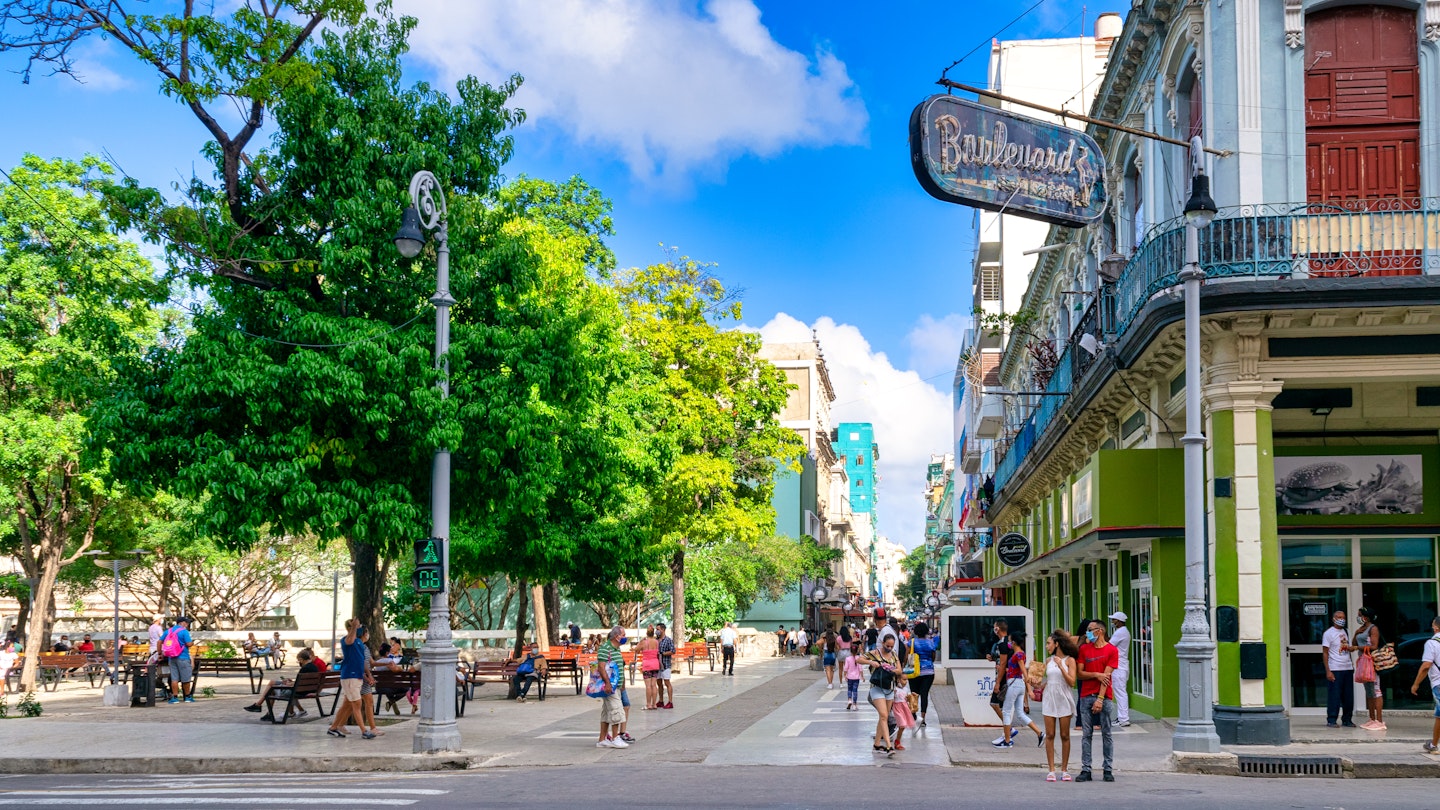Traveling to Cuba: What You Need to Know in 2023
Throughout much of the past two years, Cuba’s borders were closed, grinding the country’s tourism industry to a stop. In November the country reopened to visitors, and here’s how to navigate your journey safely.
Low Cases and High Vaccinations
Having last visited Cuba in October 2020, my return came during a much-improved situation. Cuba had reopened for tourism on November 15, 2021, with active COVID-19 cases now numbering in the low hundreds. With the country achieving a high vaccination rate among its one million inhabitants, I decided to explore this vibrant destination once more.
Traveling to Cuba: Required Documentation
Travelers must present proof of vaccination or a negative PCR test completed within 72 hours before arrival. It is wise to carry a printed copy of your vaccination proof, as major vaccines like Pfizer, Moderna, AstraZeneca, and Johnson & Johnson are recognized in Cuba. Additionally, a seven-day quarantine for visitors from specific Southern African countries was recently imposed due to new variants.
Is Medical Insurance Required?
All travelers arriving in Cuba are required to have medical insurance that includes COVID-19 coverage. Be prepared to show proof of your insurance upon arrival. While tourists are screened, my experience has shown that many travelers pass through without complications. Consider upgrading your insurance for comprehensive coverage, including trip interruption.
A tourist card is also required, usually included in your flight ticket. Additionally, you’ll receive a COVID-19 health questionnaire and a customs form during your flight, both to be submitted upon arrival.
New Arrival Process for 2022
Starting January 1, 2022, a new online form known as D’Viajeros will streamline the immigration and health check process for travelers, creating a more efficient arrival experience.
Health Pass Rules in Cuba
While exploring cities like Matanzas and Havana, I found no health pass or proof of vaccination required to enter bars or restaurants. Most establishments offered hand sanitizing gel, and due to low tourist numbers, social distancing was naturally maintained.
Cuba’s Attractions Await
During my travels, I noticed that while many tourists flocked to Varadero’s resorts, the cultural richness of Matanzas and Havana provided a more authentic experience. Popular sights and restaurants in Havana were open, making it possible to enjoy a comprehensive city tour without crowds. Opportunities for exploration, such as riding the Havana Tour Bus or visiting the Museo Nacional de Bellas Artes, highlighted the city’s artistic offerings.
Travel Essentials: Masks and Safety
Masks remain mandatory in Cuba. However, some resorts seem less strict about enforcement. For local residents, stricter penalties exist, making compliance crucial. Therefore, I recommend bringing sufficient face masks, as they can be hard to find locally.
Where to Find COVID-19 Testing Before Departure
Travelers will need a negative PCR test to return home. Fortunately, Cuba offers accessible and affordable testing, especially for those staying at all-inclusive resorts. Independent travelers can visit clinics like the Clínica Internacional Siboney or the Clinica Camilo Cienfuegos for testing. Be prepared to handle the process well in advance to ensure timely results.
Why Visit Cuba Now?
Despite lower tourist numbers, Cuba offers a unique experience rich in culture and history. The local economy depends on tourism and many attractions remain accessible. For anyone considering a trip, now could be an opportune time to explore this fascinating island.




